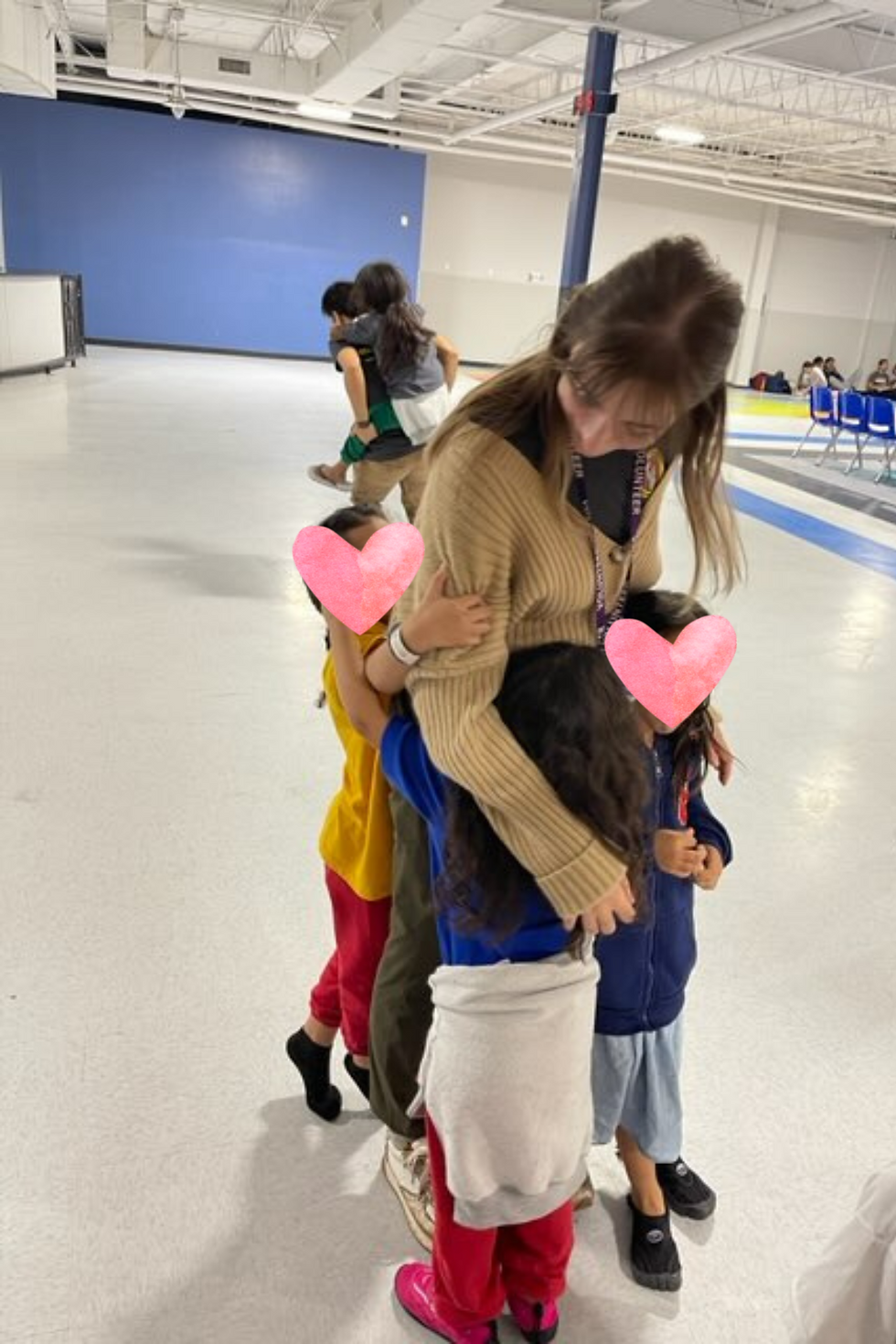Rio Valley Relief Project partners with Boston University
- info489668
- May 15, 2023
- 3 min read
Rio Valley Relief Project has been partnering with Boston University to create a program of study under their US Mexico Border Studies Program at their Center for Forced Displacement. It offers students the opportunity to observe and analyze the complex challenges faced by migrants and communities in the lower Rio Grande Valley.

Recently we were invited to participate in a riveting educational seminar sponsored by Boston University and The University of Texas-Rio Grande Valley alongside several key players who have been intervening to alleviate the strains of inadequate immigration policy. Cassie Stewart was also a speaker and a panelist. The seminar primarily focused on raising awareness and educating the public on border regime, detention, how people and agencies have responded and how trauma shows up in these stories.
Students went to volunteer with Catholic Charities at the Respite Center and with Team Brownsville to gain first hand exposure to the challenges at the border. They met with and spoke to several clients and had opportunities to work alongside boots-on-the-ground volunteers and service providers who shared stories and experiences they’ve had in their efforts to show compassion and meet needs.

And this is important because we cannot lose sight of individuals in the midst of the enormity and complexity of the situation we are facing. While in the Catholic Charities Respite Center, a member of the Boston University faculty noticed a family in particular and approached them. This family expressed deep distress because their 23-year old daughter, who has developmental delays, was separated from them due to policy protocols and placed in a separate detention center. The mother was concerned because her daughter had never been on her own and they didn’t know where she was or how to go about finding her. We spoke to a local minister, also volunteering, who called a contact he had in Brownsville and together they began looking for the young woman. A few others joined the efforts and eventually managed to locate her. They also learned she was scheduled to be deported. There was no one to receive her in her country of origin and no way for her to go back alone, especially with her disabilities.. A local attorney became involved and solicited the assistance of key players. This collaborative effort paid off and a few days later the family was reunited.
When you take the time to sit with someone and

hear their story, you see people. When you put yourself in their shoes, you have access to real empathy. At RVRP we often find ourselves getting swept up in the busy-ness of responding to one immediate need after another: grabbing new shoes for one, a bowl of soup for another, fetching diapers for that baby, dispensing medicine for another… but these are easy fixes. The other side of humanitarian work comes when volunteers take the time and the energy to notice and see the deeper needs that exist in people who are suffering. We have had enough experience to know most of these asylum seekers are trying so hard to contain their trauma that their tension and anxiety can be felt just by paying attention and making a connection. When we acknowledge someone else's pain it helps them to feel seen. They deserve to be heard and they deserve our compassion.
We are honored to be a part of a program designed to educate students about migration issues both on an academic level and on the level of human connection.








Comments